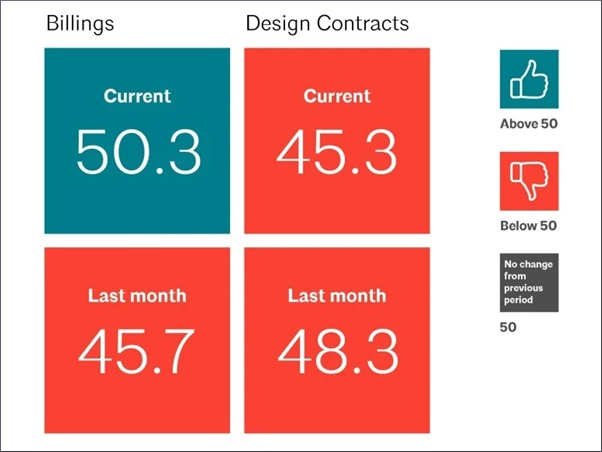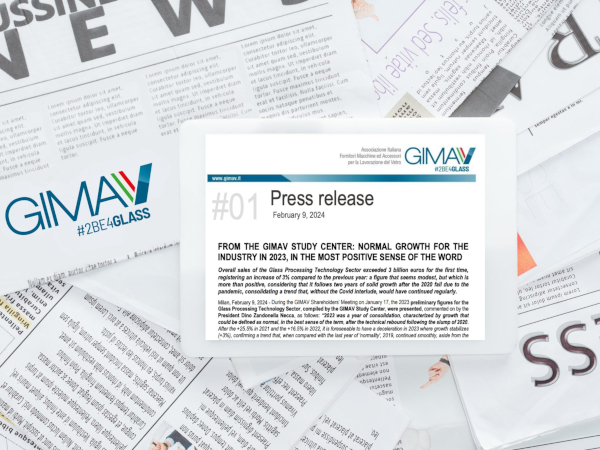Date: 21 January 2015
To shed further light on this important subject, Siemens recently undertook some in-depth research into attitudes and approaches to energy management across the glass sector. Steve Martin, Head of Glass Sector, Siemens UK & Ireland, says the findings highlight how many glass manufacturing operations are now taking consumption responsibilities seriously as rising costs, compliance with the forthcoming Energy Saving Opportunity Scheme (ESOS), and supply pressures, conspire to ensure energy remains a top business priority.
Critically, the research also demonstrates that for those that have proactively taken strategic measures to improve their energy performance, evidence clearly points to tangible bottom line benefits.
Today, no glass manufacturer is immune from the combination of rising energy costs and environmental responsibilities, as well as the significant impact regulatory compliance has on the effective day-to-day running of any organisation. With ESOS compliance now under 12 months away, the pressure is on for many to get their energy commitments in order as they seek consumption, and, by extension, operating cost reductions, while at the same time satisfying ever more stringent regulatory controls.
As seen in many other sectors, companies in the glass industry are being forced to reassess their relationship with energy and how it is used and managed. To understand more, Siemens commissioned extensive research among senior personnel, including board directors, senior management and energy managers, across the glass industry in the UK. The results are illuminating.
The research outlined in, The Future of Energy: The UK Manufacturing Opportunity sought to assess general business attitudes to energy, uncover if strategic planning is in place to drive improvements, and see what practical steps are being taken from an energy management perspective.
Leading from the top
The research shows that 90% of glass manufacturers are already actively discussing energy management as an important issue at board level, with another 82% stating that managing energy within their company was now a business-critical issue for them.
More than two thirds (68%) of those questioned also said that energy management was now on a par with other strategic decision making responsibilities. The need to drive improvements has also resulted in 76% of glass manufacturers having a senior director now take responsibility for managing the company’s approach to energy management going forward.
Investment and Engagement
When questioned about the investment decisions they had made to tackle energy concerns, 65% admitted to increasing investment in energy management solutions over the past 12 months. 65% also said that plans were in place to increase their investment levels in the year ahead, primarily to satisfy regulatory requirements and reduce the organisation’s carbon footprint. Three quarters of organisations questioned have purchased energy saving technology, and a further 77% have invested in renewable and self-generation technology to safeguard their energy futures as costs continue to rise and supply comes under increasing pressure.
With any energy management strategy hugely dependent on a buy-in from all staff members to be truly effective, it is heartening to see that 69% of glass manufacturers have a formalised energy management training process in place.
A strategic approach
With successful energy management strategies not purely about the here and now, longer term planning is essential to drive continuous improvements and with it, beneficial results. More than two thirds (70%) of firms said they had energy management goals in place one year from now, with just over a half of glass manufacturers saying that they had established energy management goals in place for the next five years.
Such longer term planning will only improve the chances of delivering sustained improvements and energy consumption managed continually. While it may seem an obvious question, it was also welcome to see that 78% of companies acknowledged they were aware of their current annual energy expenditure and so had a base line for improvements. For those that do not currently have annual energy spend figures to hand, this is an essential first step on the road to increased efficiencies.
Key drivers and barriers
When asked what they considered to be the most important criteria when assessing if an energy management project or programme has been a success, two primary areas were cited. Firstly, the belief they were achieving a competitive advantage as a result of reducing energy use and with it operating costs.
Secondly, the impact on staff morale was highlighted as a key success factor for many. The impact of engaged and proactive staff who shared the company vision to use less energy, reduce the impact on the environment, and at the same time help contribute to a healthier bottom line, should not, and cannot, be underestimated, according to the senior personnel questioned.
All too often it is easier to say that improvements or changes cannot be made as there are too many barriers. When asked about the biggest barriers to the adoption of a proactive and continuous energy management programme, more than three quarters (82%) stated that the ‘poor’ or ‘uncertain’ return on investment levels was a concern for them.
The answer to this is simple. Of all those questioned in the glass industries, more than three quarters (79%) said their company bottom line had subsequently improved as a result of undertaking energy management measures.
Progress being made – and innovative funding models can help
It is clear that much progress is being made by the sector when it comes to recognising the importance of energy management on their daily business and, crucially, doing something about it. The research findings indicate that the industry has a high awareness of energy-related issues, but is maybe currently held back slightly by a cautious approach to making the most of investment opportunities.
The use of innovative and tailored investment funding options such as the one in place between Siemens and Pilkington Ltd, part of the NSG Group, is a prime example of how collaboration can lead to real customer benefit. Indeed, as a result of the energy management technologies now in place at Pilkington sites (supported by a Siemens funding package that shares the risk between the two organisations), some £1 million has been wiped off the company’s energy costs in the past three years and Pilkington is deriving best value from its capital expenditure management.
Real steps forward are being made across the glass sector in terms of active and formalised training programmes for staff and other areas of strategic improvements. This approach is to be applauded and echoes the ambition of the British Glass Manufacturers’ Confederation to make the UK glass sector globally competitive. An ambition that will be realised through the recent new technology partnership the organisation has agreed with Siemens. At its heart sits an investment of £4 million to provide technology, research & development and skill support services and the construction of a new British Glass Innovation Centre in Sheffield.
But the primary reward for glass businesses is evidenced in bottom line benefit and the 79% of organisations who are happy to say it has improved as a result of implementing energy management measures in recent years.
This is good news for a sector that is generally recognised as a high intensive energy user, with the inevitable costs associated with this status. The challenges around managing energy consumption will only intensify in the years to come and doing nothing is not an option for glass and solar manufacturing operations wanting to thrive in the future.
Why ESOS matters and where you can get help!
The Energy Savings Opportunity Scheme (ESOS) is a new piece of EU legislation which mandates that all large businesses in the UK undertake comprehensive assessments of their energy use and energy efficiency opportunities at least once every four years.
This means that over 9,000 (including many glass manufacturers) companies across all sectors will be required by law to comply. And there is not that much time left with the first audits scheduled to be completed by 5th December 2015. By this date qualifying businesses will have to achieve compliance with the regulations and notify the Environment Agency.
To comply with the regulations, a ‘Lead Energy Assessor’ will need to conduct an ESOS Assessment to:
- Measure total energy consumption for buildings, industrial processes and transport
- Identify areas of significant energy consumption, accounting for at least 90% of total energy consumption
- Identify cost-effective energy efficiency recommendations for areas of significant energy consumption
- Report compliance to the Environment Agency
Siemens recognises the challenges this poses to many glass manufacturers and has set up a bespoke energy management team – including Lead Energy Assessor - to assist organisations through the assessment process and ensure their readiness for 5th December 2015. Contact: Steve Martin 07808 826644 e-mail: Martin.Steve@siemens.com







Add new comment